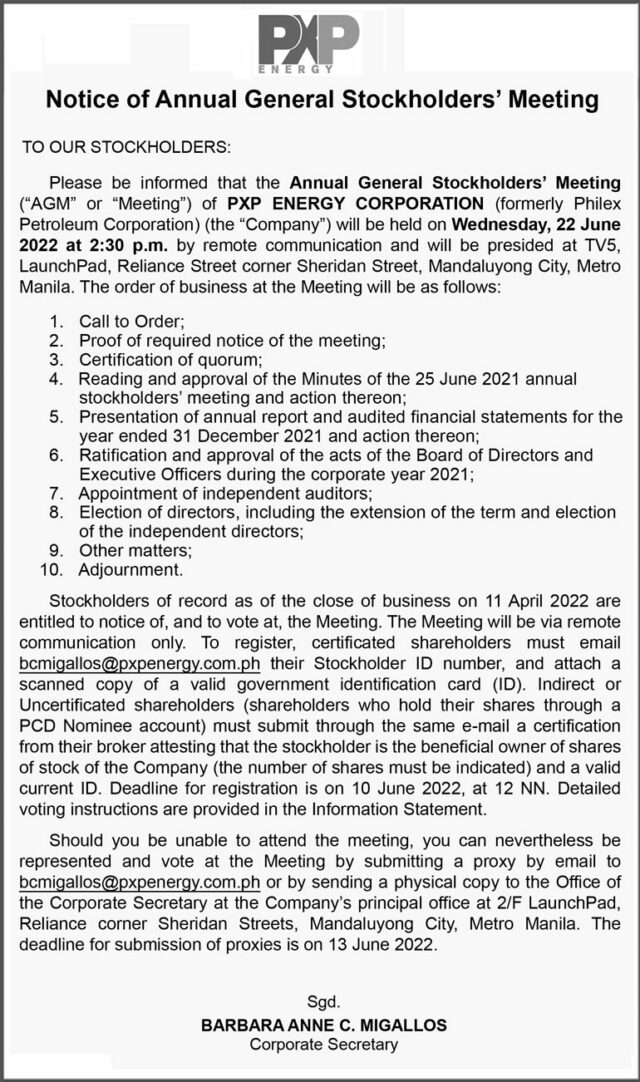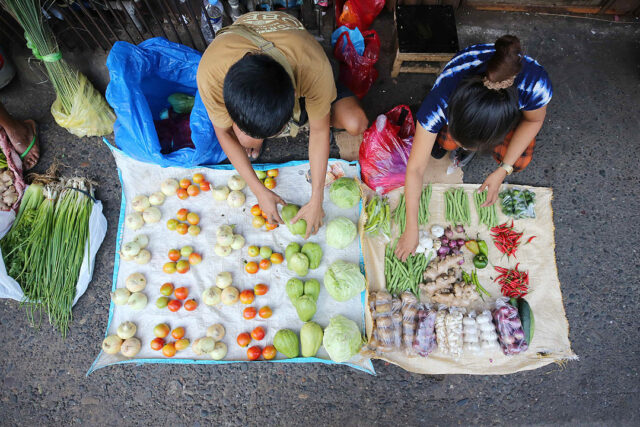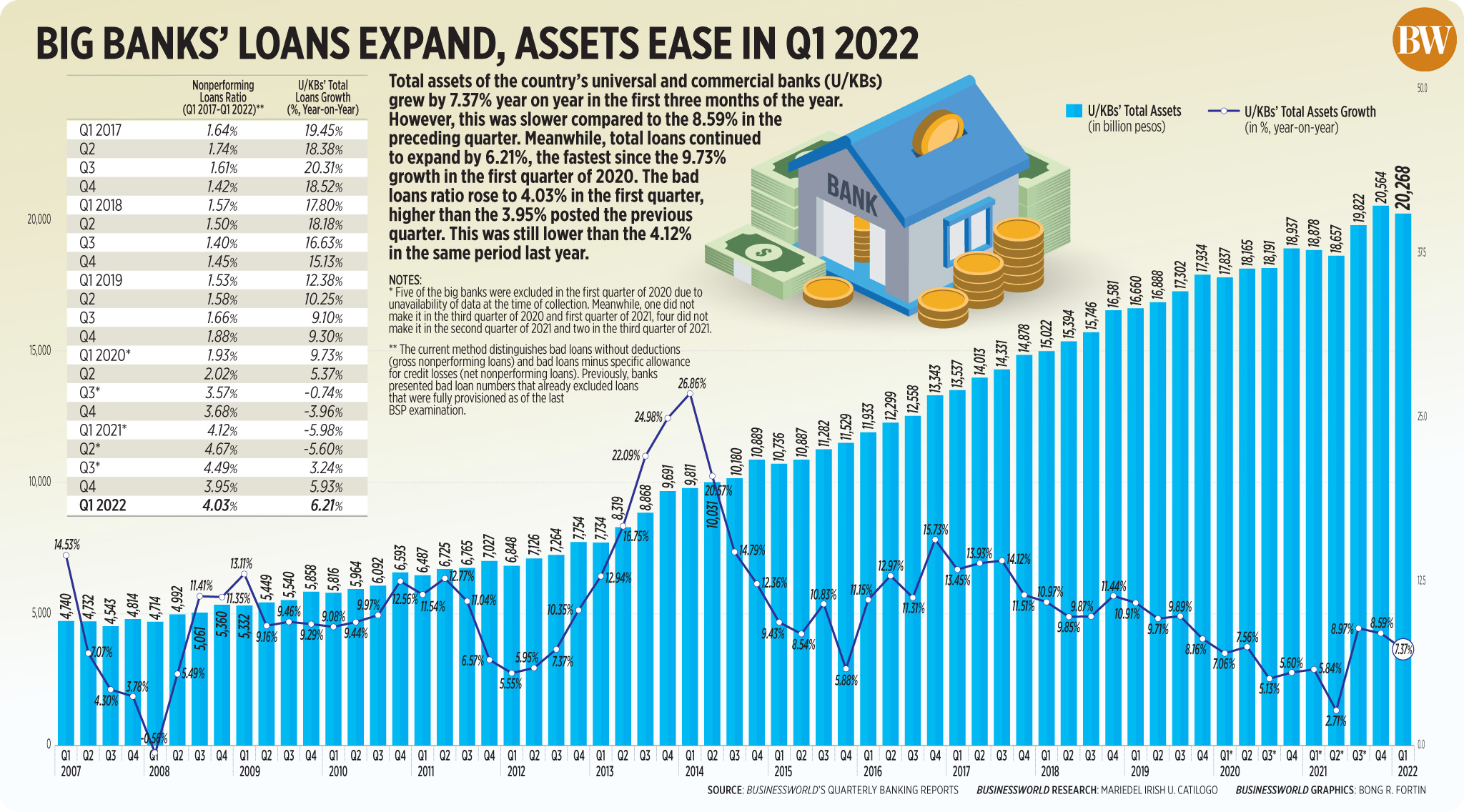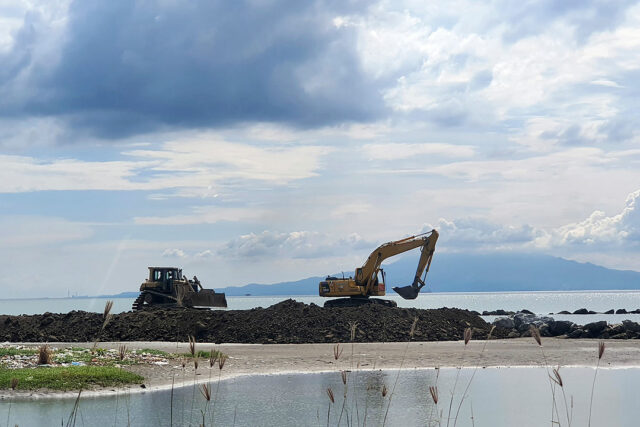By Alyssa Nicole O. Tan, Reporter
THE PHILIPPINES could lose more than half of its import and export markets if it fails to ratify a free trade deal among 15 countries in the region whose economic output accounts for 30% of global trade, economic managers told the Senate on Monday.
“If we don’t join RCEP, we miss out on more than half of the Philippines export markets, and around two-thirds of the country’s import sources,” Department of Agriculture (DA) Director Bien A. Ganapin said during the Senate Foreign Relations Committee hearing on Monday, noting that Philippine exports to Regional Comprehensive Economic Partnership (RCEP) member-countries are at 50.4% of total trade, while imports are at 67.3% of total trade.
The National Economic and Development Authority (NEDA), Department of Trade and Industry (DTI), and DA pitched the world’s largest free trade agreement (FTA) in a list-ditch effort to push the trade deal’s approval by the Philippine Senate.
Senators tackled the RCEP during the plenary, but gave no assurance of its ratification before the last session of the 18th Congress adjourns this week.
“We will do our duty. Pass or fail,” Senate Foreign Relations Committee Chair Senator Aquilino Martin L. Pimentel III said in a Viber message to BusinessWorld.
Trade Secretary Ramon M. Lopez said the delay will lead to difficulties for investors as they will have to comply with the old rules instead of the simplified alternative provided by the RCEP trade deal.
“In weighing the cost and benefits of our participation in this agreement we should look at it from a holistic point of view. Will this be beneficial to the whole economy? It includes trade facilitation rules, liberal rules of origin, e-commerce, competition, and IP (intellectual property) protection commitments, support for SME development, as well as opening up of trade services,” Mr. Lopez said.
“These other elements are as important as tariff liberalization because they provide stability in the business environment. Our participation in this mega trade deal will further support the country’s economic development.”
Many multinational companies are waiting for the Philippines to join RCEP before deciding to invest, he added.
“If we delay joining here, our opportunities to export and bring our products to other RCEP countries which would have lower entry-level by lowering the tariff level of our products, we won’t be able to experience,” he said, noting fears that the country’s market may be diverted to other RCEP countries due to preferential arrangements.
RCEP has simplified and unified rules that allow exporters and stakeholders to comply with only one procedure instead of several rules listed in various free trade agreements with other economies.
RCEP took effect on Jan. 1, and is already in force in Australia, Brunei, Cambodia, China, Japan, Korea, Laos, New Zealand, Singapore, Thailand, and Vietnam.
President Rodrigo R. Duterte signed the trade deal on Sept. 2, but RCEP requires concurrence by the Senate.
DTI Assistant Secretary Allan B. Gepty said the country will miss out on the enhanced market access under the RCEP, which includes agricultural products such as durian, papaya, preserved pineapple, coconut juice, coffee, canned tuna, and dried tilapia.
“More than this, our competitors in ASEAN (Association of Southeast Asian Nations) will have the advantage in market access and resultantly they will be more competitive. Our neighbors in ASEAN, will enjoy the benefit of convenience in doing business and trade in the RCEP region while our stakeholders will have to contend with the different ASEAN plus one FTAs,” he added.
Mr. Gepty said the decision to ratify RCEP is only a choice between maintaining tariff protection in the 33 products, which is only equivalent to 0.8% of the country’s total imports and 1.9% of total agriculture tariff lines, and receiving the benefits and opportunities on services, investments, exports, trade facilitation, ease of doing business and conducive business environment brought about by the United Nations-backed FTA.
Economic managers said joining RCEP will preserve the current preferential rates for 98.1% of tariff lines, which corresponds to 228 commodities or $16.9 billion of imports.
“If we join the RCEP region with the safety nets and all the flexibilities that we have gained, it’s so easy to navigate, adjust and in parallel, make some adjustments. But if we will approach it sequentially, I think it will be too late for us to join since other RCEP parties will gain the advantage,” Mr. Gepty said.
Socioeconomic Planning Secretary Karl Kendrick T. Chua said the Philippines will lose a “golden opportunity” to take advantage of the opportunities from the fast-growing Asia-Pacific region if it fails to join RCEP.
“We want to learn and be more competitive and the best way is not to be protectionist or inward-looking. It is to get into the global arena, compete and learn what the other countries are doing, and improve ourselves further,” he said.
Last week, President-elect Ferdinand R. Marcos, Jr. said he wants to review the RCEP to determine whether the agriculture sector is adequately protected.








![DBM-Assistant-Secretary-Amenah-F.-Pangandaman-[DBMgovph-FB]](https://www.bworldonline.com/wp-content/uploads/2022/05/DBM-Assistant-Secretary-Amenah-F.-Pangandaman-DBMgovph-FB-640x360.jpg)


